Research Roundup: Responsible Gaming Tool Usage and Positive Play

Recently, our research and training partner, the Harvard Medical School affiliated Cambridge Health Alliance, Division on Addiction, as part of its online Brief Addiction Science Information Source (BASIS), examined a scientific article titled Patterns and correlates of consumer protection tool use by Australian online gambling customers. In reviewing the study carried out by Heirene and colleagues (2021) using data from multiple online gaming operators in Australia, BASIS contributor Kira Landauer summarizes that only 16 percent of customers used at least one responsible gaming consumer protection tool during the 12 months studied, with choosing a maximum monetary deposit limit over a set period of time as the most prevalent tool used. Landauer connects this finding to a previous study published by Gainsbury and colleagues (2020), also conducted in Australia, in which customers reported that they view setting limits on play as tools meant for people with gaming-related problems.
I found this very timely, because as Senior Director of Responsible Gaming at DraftKings, my team has been focused on increasing customer awareness of responsible gaming (RG) tools, which include options to set personalized deposit, time, and spending limits on play, as resources that are relevant for all individuals – not just for the small segment of bettors that experience problem gaming. We believe a person’s utilization of these tools isn’t indicative of problematic activity – rather, it shows that the player is taking positive control of their behaviors to play more safely.
One way we are increasing tool awareness and safer play strategies is tapping our marketing channels and customer touchpoints. DraftKings’ RG marketing tagline is “It’s more fun when it’s for fun” and I believe that emerging research on responsible gaming such as Wood and Griffiths (2015) affirms the value of this message. Woods and Griffiths surveyed two groups of bettors: those that revealed signs of problem gaming, and a second group, made up of players that demonstrated healthy relationships with gaming. In the first group, participants often said they bet to address their mood (i.e. being upset or feeling depressed). By contrast, participants in the second group, those who did not exhibit evidence of problem gaming, stated that they played for fun and entertainment.
The Wood and Griffiths study is just one example of research using the Positive Play framework – which emphasizes pre-commitment as characteristic of non-problematic play. Pre-commitment refers to considering the maximum time and money one plans to spend betting. Sound familiar? Using the responsible gaming tools on DraftKings apps, customers choosing limits on their activity could be said to practice pre-commitment. Along the same lines, the Have A Game Plan. Bet Responsibly campaign by the American Gaming Association encourages bettors to “have a game plan” by thinking through what budget and time limits makes the most sense for them to keep betting fun.
To spread awareness of our RG tools and encourage their use, DraftKings integrates information about how to access and use the tools through the company’s social media accounts. Last year we also created custom television advertisements that aired in local markets and in sport venues across the country. Additionally, customers can expect a responsible gaming email upon their first deposit to the sportsbook, and on an ongoing basis. We use our RG tagline “It’s more fun when it’s for fun” in tandem with the Have a Game Plan. Bet Responsibly campaign to synthesize our RG marketing efforts while collaborating with the industry to promote safer play.
We are proud to partner with the Cambridge Health Alliance on strategic consulting, employee training, and dissemination activities, including educating the business on evidence-based research as part of our mission to build a best-in-class responsible gaming program.

